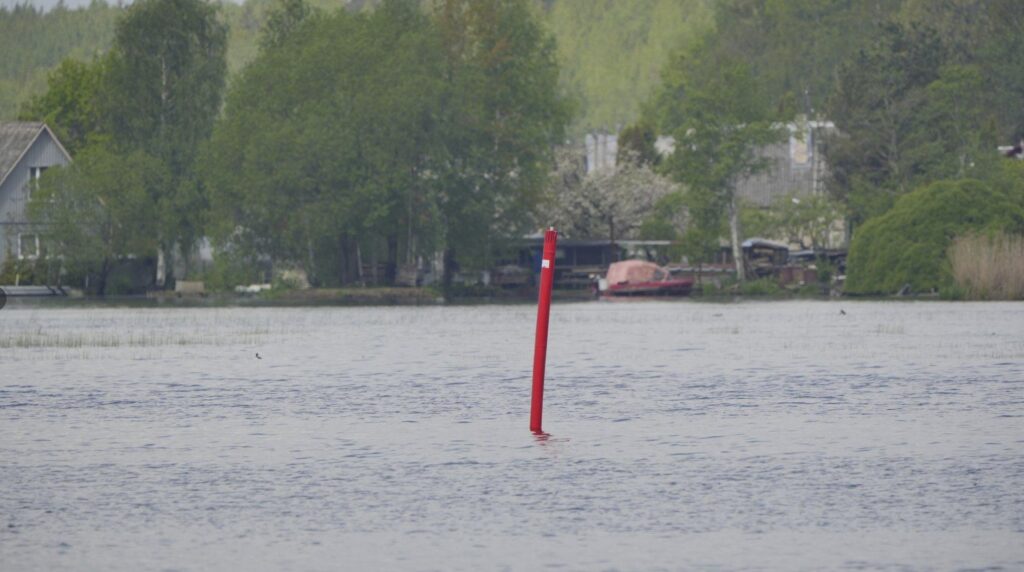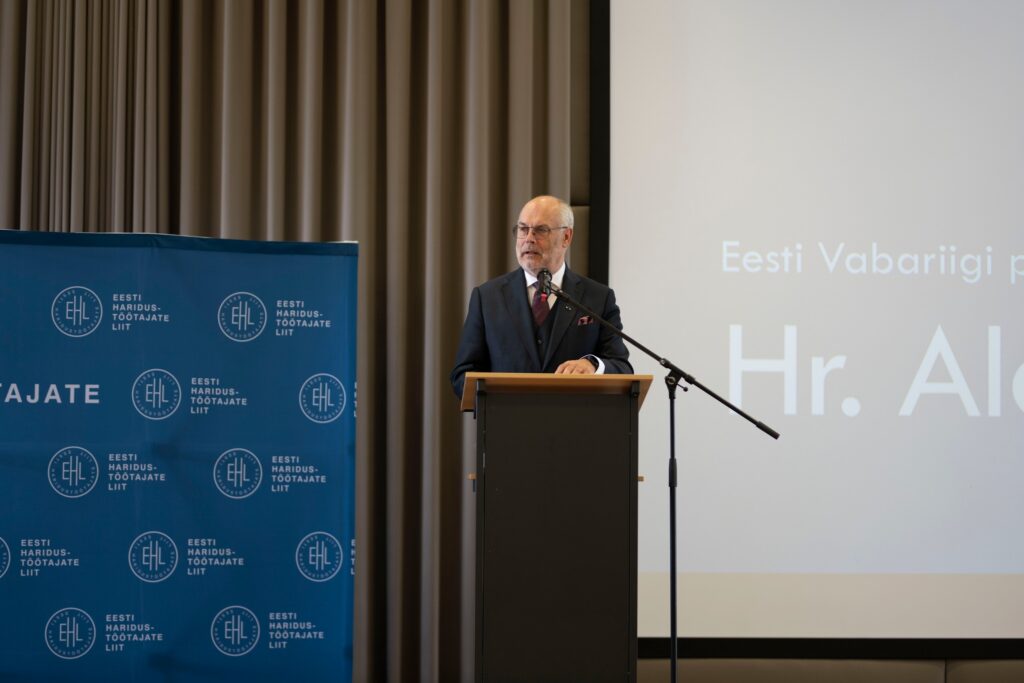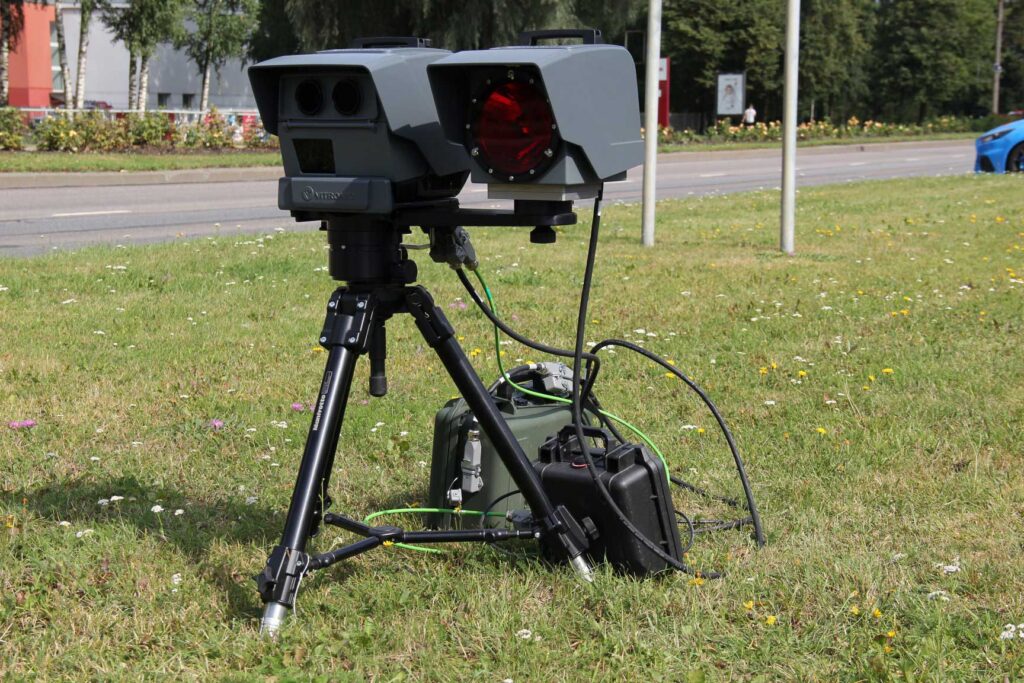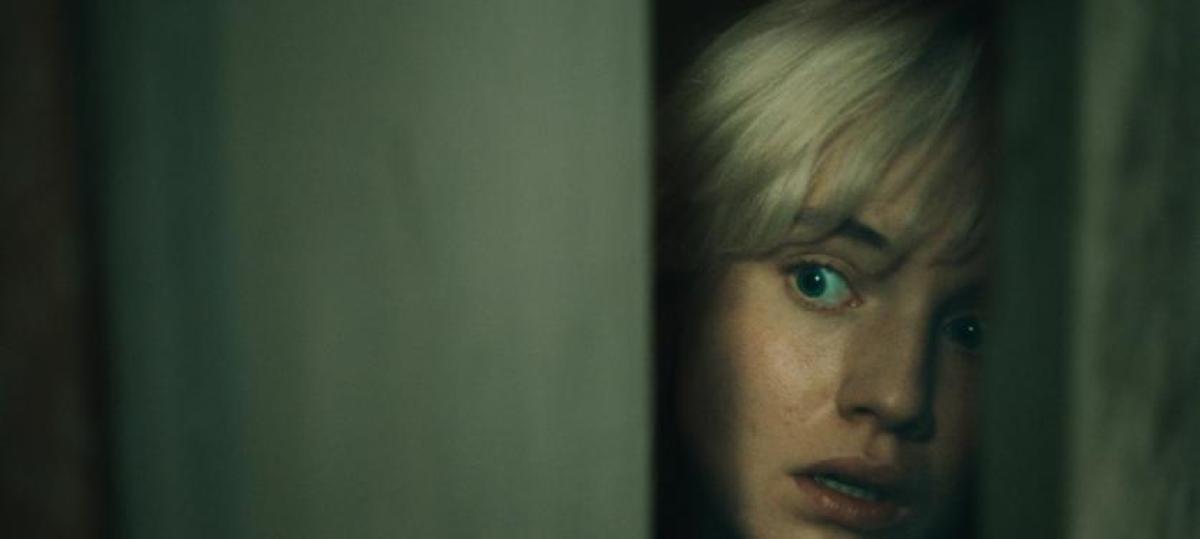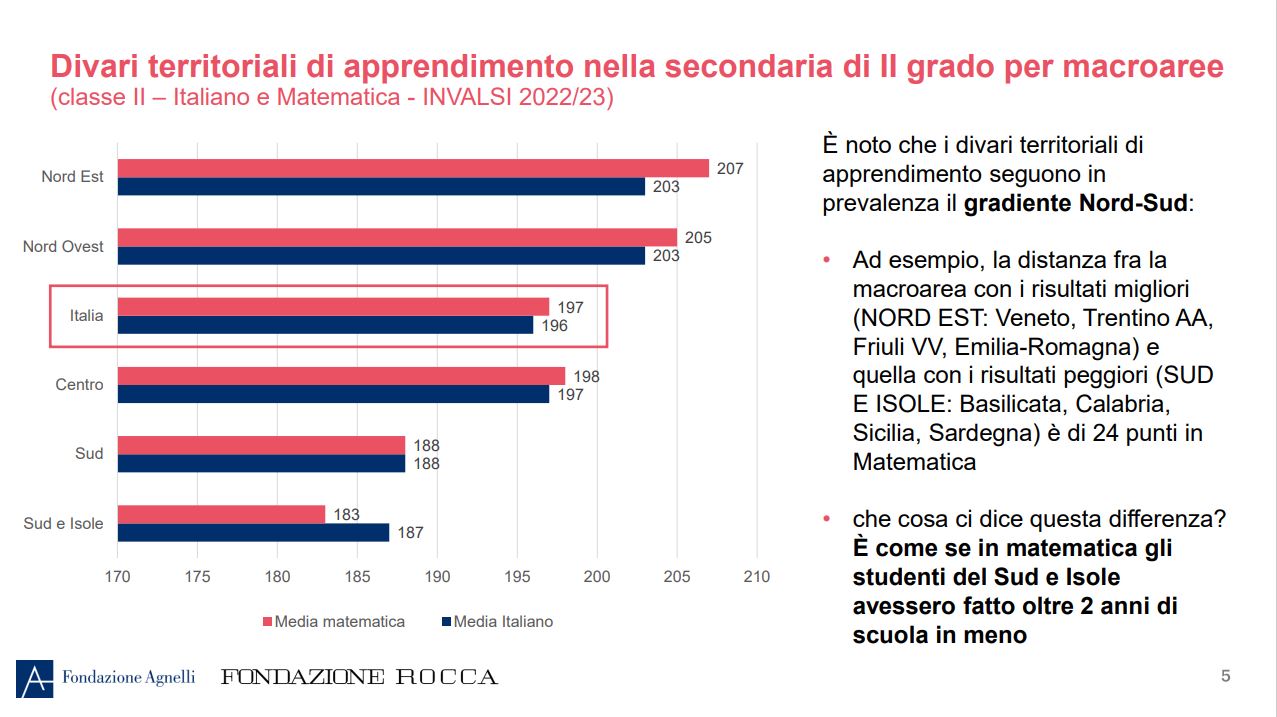Narva officially became the capital of the Finno-Ugric world
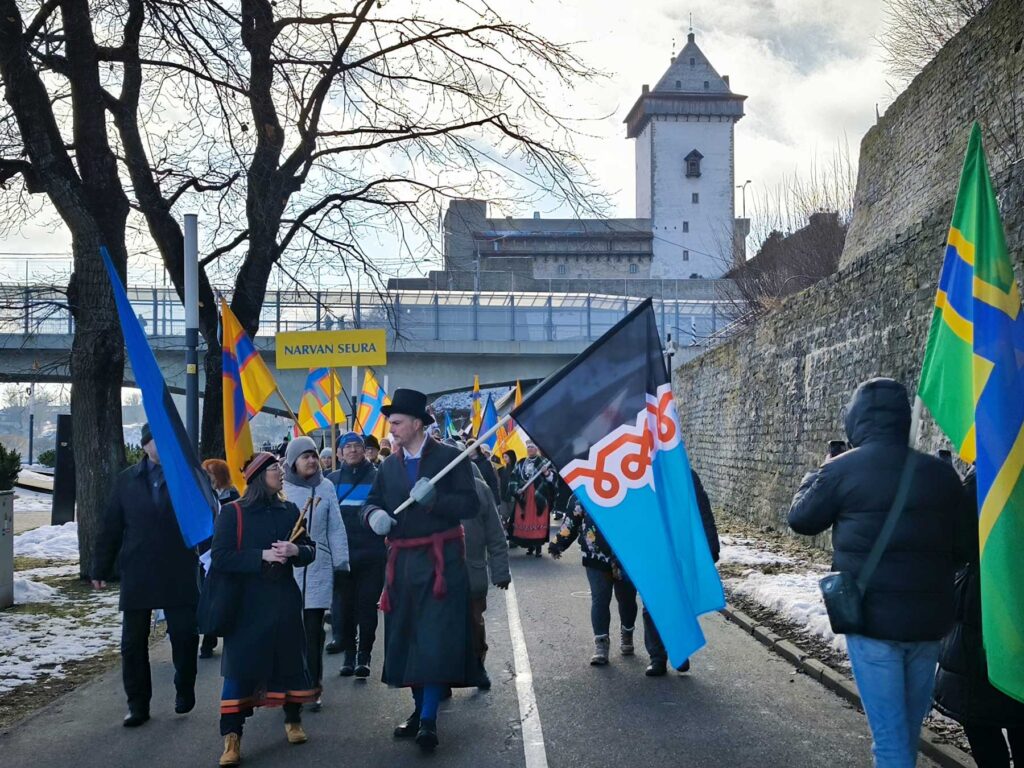
Last Saturday, March 1, in Narva, the grand opening of the capital of the Finno-Ugric world took place. Representatives of two dozen nationalities celebrated a significant day with a colorful procession, representatives of Narva were awarded a symbol of the capital-a wooden bird with 26 feathers-according to the number of Finno-Ugric nationalities.
Since March 1, 2025, Narva officially has the title of the cultural capital of the Finno-Ugric world. This status was assigned to the city in June 2024 at a seminar in the Finnish city of Kitimo, which marked a decade of the project of Finno-Ugric cultural capitals.
Finno-Ugric peoples live in Europe and Asia, mainly in the countries of the Baltic region, Scandinavia, Russia and Hungary
The initiator of Narva’s nomination for this honorary status was the Narva Cultural Center of Ingria with the support of various cultural societies of the Finno-Ugric peoples of the city.
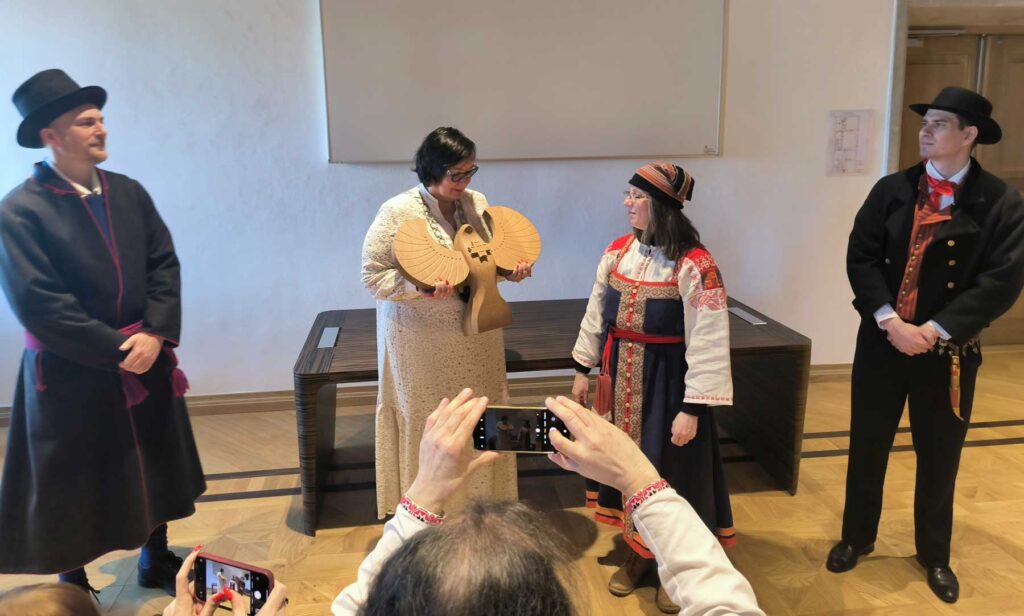
The head of the House of Ingria, Ekaterina Kuznetsova, notes that she was pleasantly struck by the number of participants in the celebrations. “Just a few days before the transmission of the title and the symbol of the capital, and we received it from the hands of the Finnish Kitiro representatives, the number of participants increased sharply by almost a third, so the procession turned out to be really massive,” Kuznetsova noted.
Finno-Ugric peoples live in Europe and Asia, mainly in the countries of the Baltic region, Scandinavia, Russia and Hungary. They belong to the Ural Language Family and are divided into two main groups: Finno-Perm and Ugric peoples.
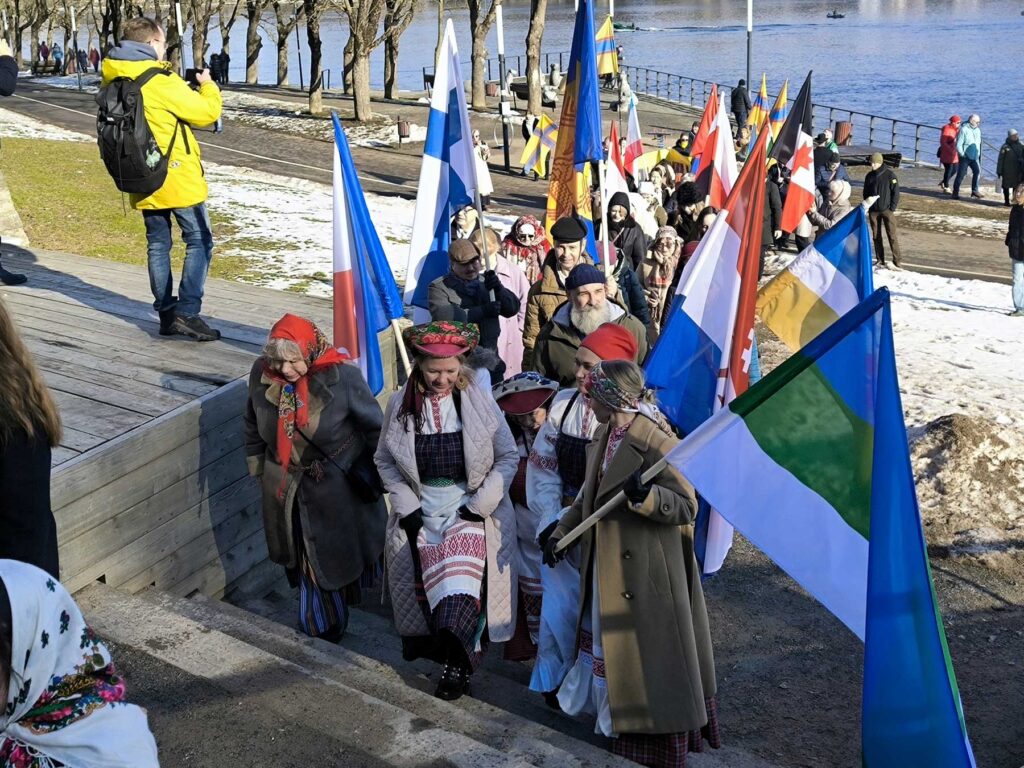
During the year, more than 12 events are planned in Narva, including the Festival “The Birth of the Earth” dedicated to the Finno-Ugric myths about the creation of the world, “Pyar's Day”-the celebration of the People’s calendar of the leaders, Izhors and Ingermanlanders, as well as the International Forum dedicated to the future Finno-Ugric movement.
The main platform for the events will be the Narva House of Ingria on Vakzali Street, but events will cover the entire Ida-Virumaa region. Guests are expected by exhibitions, folklore festivals, lectures, seminars, singing holidays, fairs, concerts, master classes and cultural evenings.
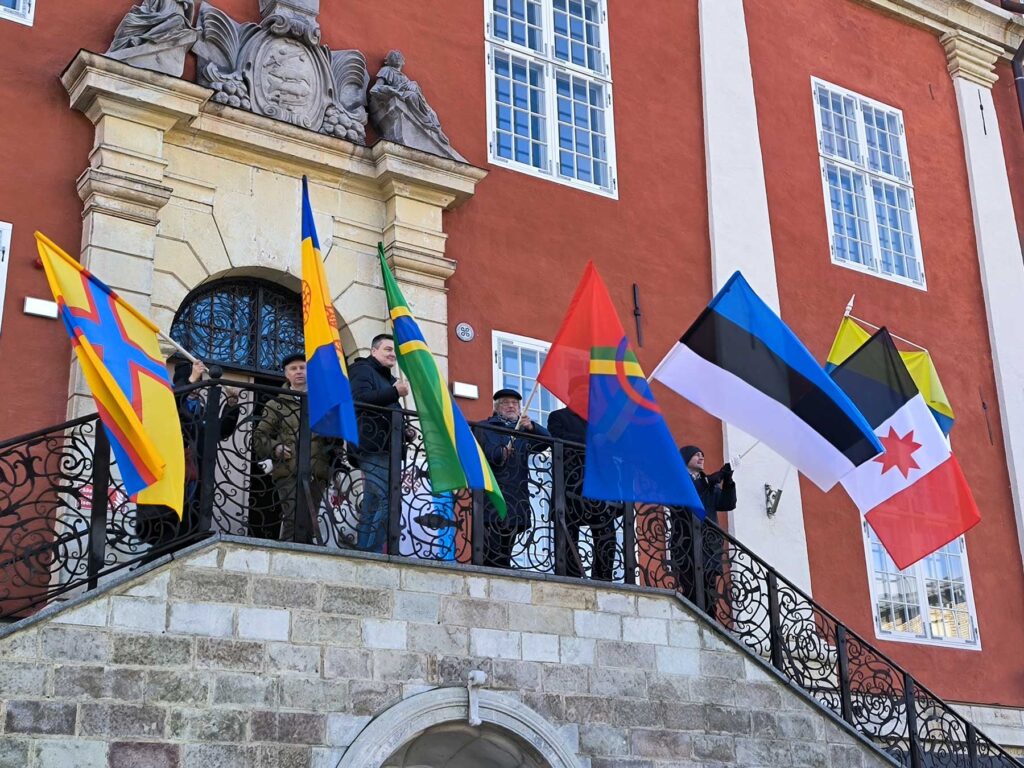
The status of the cultural capital of the Finno-Ugric world gives Narva a unique opportunity to demonstrate and develop their cultural heritage, strengthen ties with other Finno-Ugric peoples and draw attention to wealth and diversity of local culture.
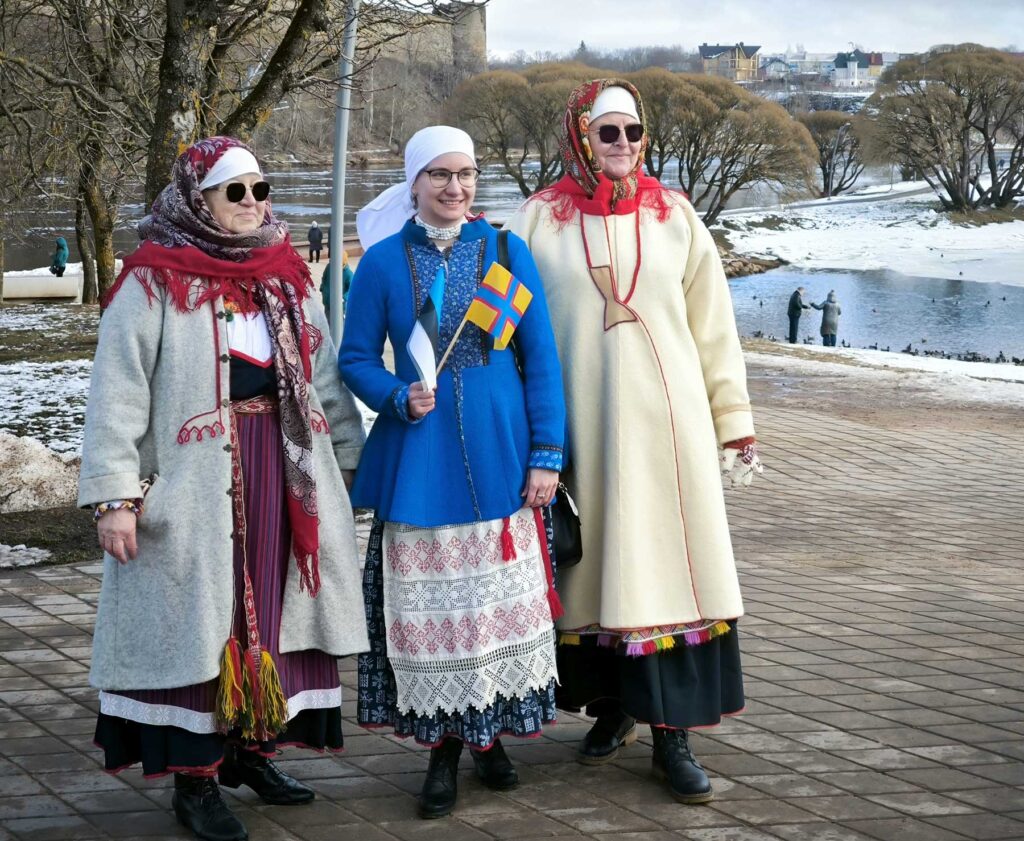
The program of events that will be held this year can be found at the address narva2025.org
The Post Narva officially became the capital of the Finno-Ugric world FIRST Appeared on gazeta.ee.

